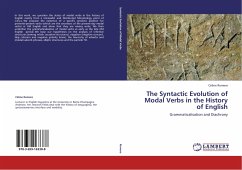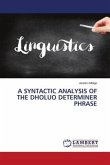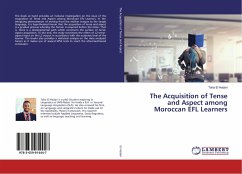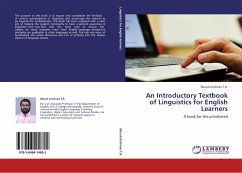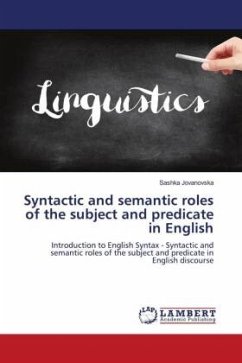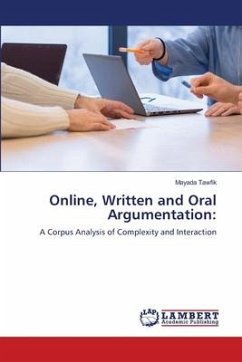In this work, we question the status of modal verbs in the history of English mainly from a minimalist and Distributed Morphology point of views. We propose the existence of a specific syntactic position for preterite-present verbs (which are the ancestors of the present-day modal verbs) in Old English and show that they are raising verbs. We then underline the grammaticalisation of modal verbs as early as the late Old English period. We base our hypotheses on the analysis of infinitive structures (among which causative structures), negation (negative concord, Neg criterion and negative polarity items), the hierarchy of adverbs and (modal) adverb phrases, elliptic structures and the particle TO.

